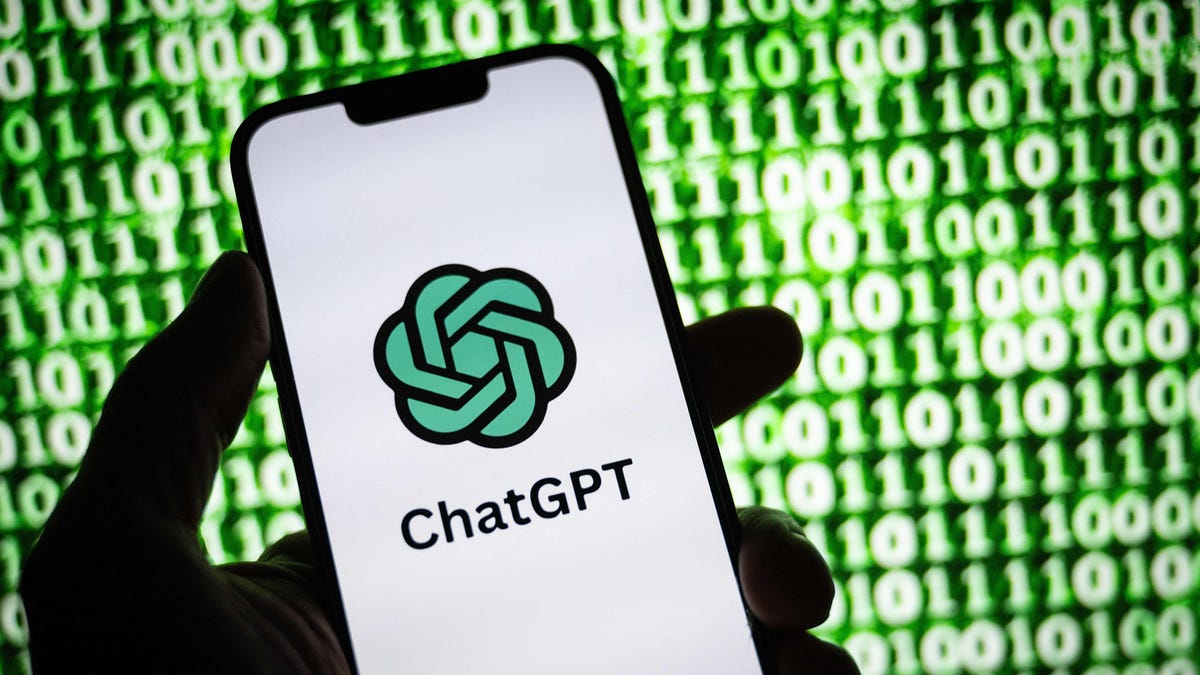OpenAI CEO Sam Altman announced GPTs were live for all users Thursday, around the same time as the company resolved a DDoS attack causing global outages for ChatGPT and its API. CEO Sam Altman said the company was planning to go live with GPTs, its new customizable chatbots, for all subscribers on Monday in a tweet, but OpenAI had to stall the launch.
Developers and ChatGPT users experienced widespread outages on Wednesday, just days after the announcement of ChatGPT-4 Turbo, the GPT Store, and lowered prices for users. Altman originally blamed the service instability on the increased usage following DevDay of OpenAI’s new features “far outpacing our expectations.” That doesn’t seem to be the full picture, as part of that increased usage was from a coordinated attack to take down OpenAI servers.
“We are dealing with periodic outages due to an abnormal traffic pattern reflective of a DDoS attack. We are continuing work to mitigate this,” said OpenAI on its outage page Wednesday evening.
Hackers from the group Anonymous Sudan claimed responsibility for the DDoS attack on Telegram, as first reported by Bleeping Computer Thursday. Anonymous Sudan has previously been labeled a Russian-backed hacker by cybersecurity experts at Truesec. The group orchestrated other DDoS attacks against Microsoft, as well as organizations in Sweden to complicate the country’s NATO application.
GPTs were among the biggest announcements from OpenAI’s first-ever DevDay, where the company tried to attract developers to build on the platform. The outages and hacks seem to have tarnished an otherwise momentous DevDay presentation.
OpenAI did not immediately respond to Gizmodo’s request for comment.
DDoS attacks occur when networks of internet-connected devices are infected with malware, allowing them to be controlled by an attacker. The infected devices target a victim, in this case, OpenAI, by flooding the target’s IP address with requests and overwhelming the server. It’s hard to separate normal traffic from hackers, resulting in the denial of service to normal traffic, which is exactly what many users reported yesterday.
While Anonymous Sudan’s responsibility has not been confirmed, the group says the DDoS attack was a show of support to Palestine, and it targeted OpenAI because of the company’s cooperation with Israel. Altman previously said Israel will play a “huge role” in the AI revolution on a trip to Tel Aviv in June.

